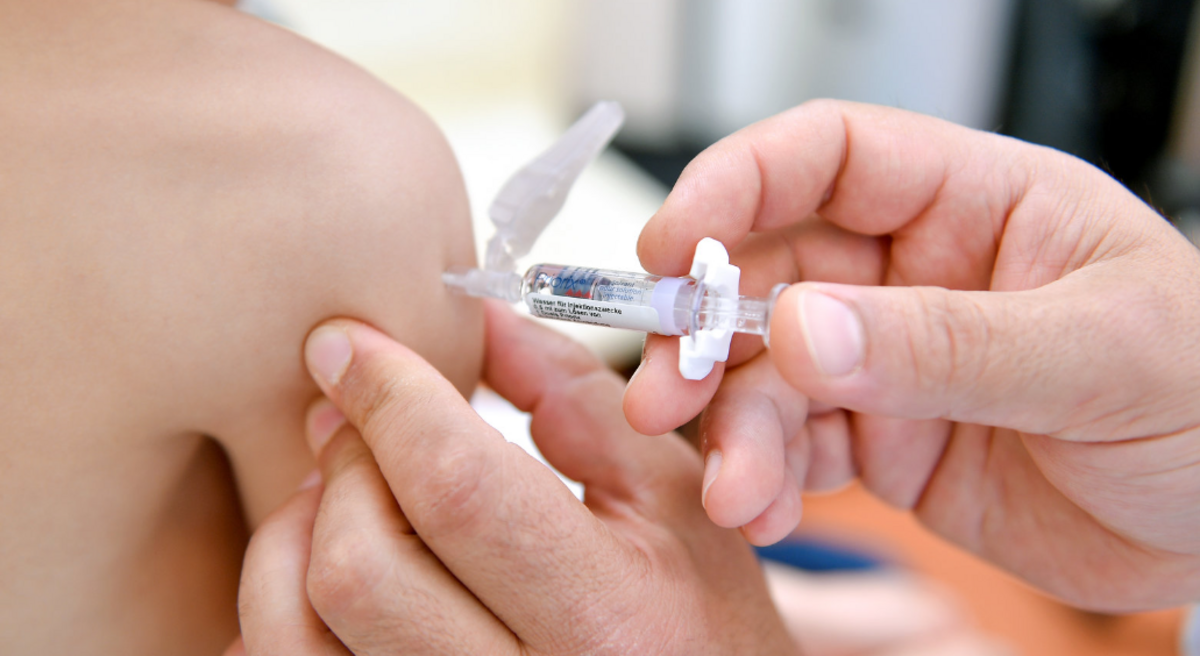Measles case
Fleurieu App
26 March 2023, 12:18 AM
 Immunisation provides the best protection against measles.
Immunisation provides the best protection against measles.SA Health has been notified of a case of measles in a three-year-old boy from regional South Australia who acquired the infection whilst travelling overseas.
SA Health advises anyone who isn’t fully immunised, and particularly those who were in the locations at the times listed below, to be alert for symptoms over the next few weeks and to see a doctor if they become ill.
- Murray Bridge Swimming Centre, 58 Adelaide Rd Murray Bridge SA 5253 on Friday 17 March 2023 between 4:00 pm and 6:00 pm.
- Murray Bridge Hospital Emergency Department waiting area, on Wednesday 22 March 2023 between 9:30 am and 1:00 pm, and Thursday 23 March 2023 between 9:00 am and 9:45 am.
- Bridge Clinic, 8 Standen St Murray Bridge SA 5253, on Thursday 23 March 2023 between 9:30am and 11:15 am.
- Women’s and Children’s Hospital Emergency Department waiting area, on Thursday 23 March 2023 between 12:00 pm and 12:45 pm.
Symptoms start with fever, cough, runny nose, and sore eyes, followed by a blotchy rash which usually begins on the head and then spreads down the body.
When measles is suspected, it is very important that people phone their doctor before any visit and mention why they are attending, so precautions can be taken to avoid spreading disease to others.
This is the first case of measles in a South Australian resident since 2019.
There have been four notifications of measles in Australia this year and it is expected further cases will occur as more international travel occurs.
For more information visit www.sahealth.sa.gov.au.
"We are encouraging people intending to travel overseas, to check their vaccination records, and request the vaccine well in advance of travel, if there is no record of them receiving two doses, and they were born in Australia after or during 1966" says Dr Lousie Flood, Communicable Disease Control Branch Director.
People born in the late 1960s to mid-1980s may believe they are fully immunised but may have only received one measles vaccine and be at risk of measles.
If you were born during or after 1966 and haven’t received two measles vaccines, visit your GP or local council immunisation clinic to obtain a measles (MMR) vaccine.
On the National Immunisation Program, children receive their first measles vaccination at 12 months and a second one at 18 months. There is no shortage of vaccine for the measles childhood immunisation program.